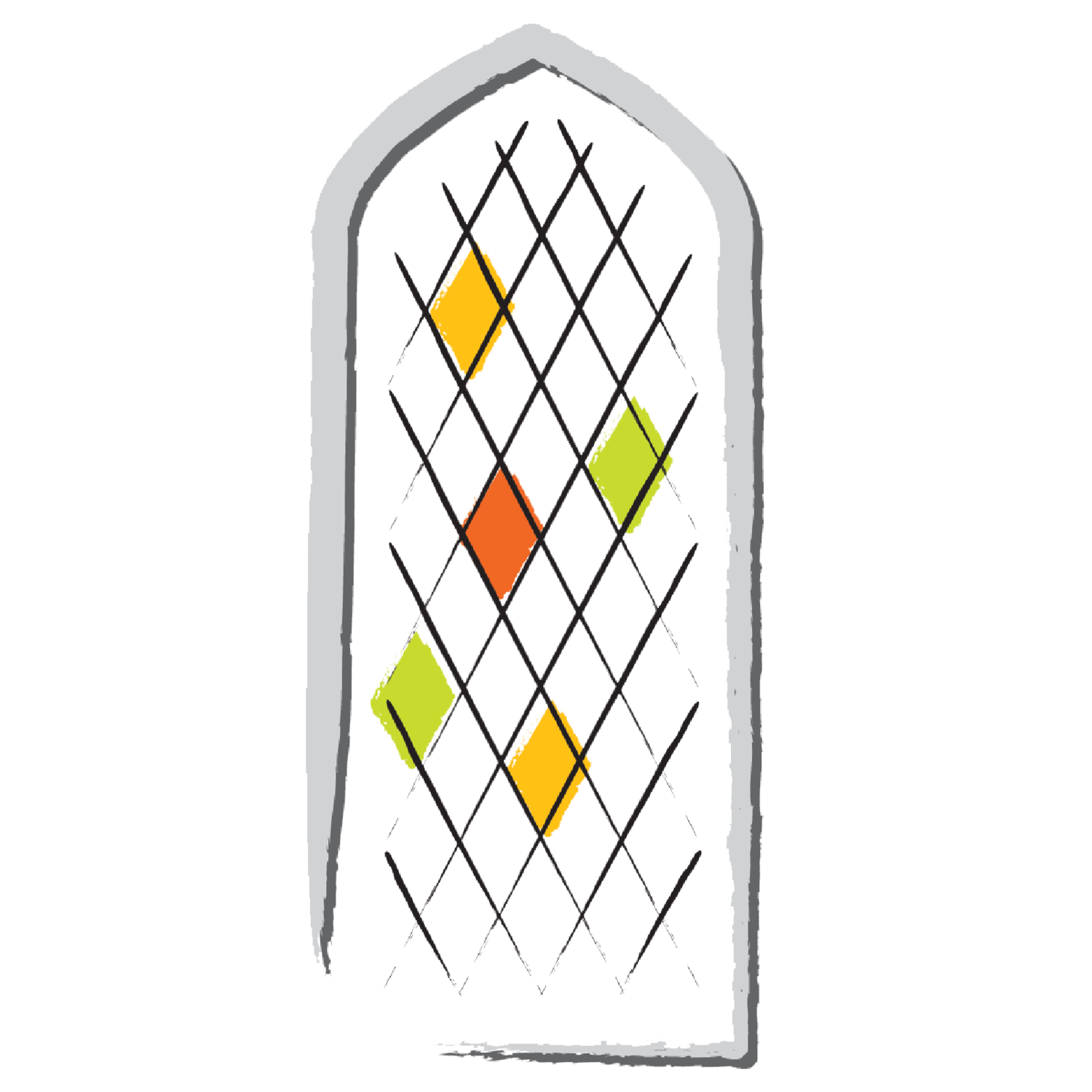history of American Evangelicals
Dear First Pres SLO Family,
Grace and peace to you in the name of the risen Christ, whose life we follow as a model for our own, and whose sacrifice we claim as our source of Shalom.
This week’s reflection comes in the form of an invitation. Tomorrow evening (Thursday) at 7pm I’ll be resuming our evening study with ten sessions on the history of American Evangelicals. You’ve heard a lot about evangelicals in the last 5-6 years, and very little of it has been good. I want to also say that not all of it has been true, either, and so that’s why I want for us to spend some time looking at the history of evangelicalism, the good, the bad, and the, well, ugly.
If your understanding of American evangelicalism is limited to Westboro Baptist, recent electoral politics, and the preachers you see on TV, then this class is for you.
What was originally at the heart of the evangelical movement in America? It can be summed up in a hymn—one that we’ve sung here at First Pres.
My hope is built on nothing less
Than Jesus' blood and righteousness
I dare not trust the sweetest frame
But wholly lean on Jesus' name.
On Christ the solid rock I stand
All other ground is sinking sand
All other ground is sinking sand.
Sounds like your garden variety Christianity, right? That’s the issue that we’ll wrestle with as we look at the lives and achievements of evangelicals, along with some of their mistakes and failures. It’s an interesting history, and whether you know it or not, it’s part of our history.
One thing we’ll be talking about tomorrow evening is the definition of evangelicalism developed by British historian David Bebington. (Full disclosure here: David was my doctoral advisor and remains a dear friend.) Bebbington set aside some of the cultural practices of evangelicals, and listed four characteristics that all evangelical groups and individuals carry. Please excuse the jargon—we’re going to talk about the plain meaning of these ideas in the class. Here is what is known (in jargonese) as the Bebbington Quadrilateral.
Biblicism: the belief in the divine inspiration of the Bible.
Conversionism: the belief that a person “converts” or comes to faith in Christ.
Activism: the call to share the faith so that others can convert.
Crucicentrism: the belief that the Cross is the defining event of our faith.
All of these deserve some explanation, and that’s how we’ll begin tomorrow night. I promise it will be lively and interesting, and that you’ll come away with a better understanding of our shared faith, and how that faith has been altered and distorted in the name of political power.
Join in for the first session, and see if it might interest you. See you at 7pm tomorrow!
Here are the Zoom details:
A History of American Evangelicals
Thursdays at 7pm
Join Zoom Meeting
https://us02web.zoom.us/j/84267847288
Blessings,
Pastor John
PS: The next passage for the Bible in Community groups is Acts 4:32-37. I’ll be preaching on that text on October 10th.

